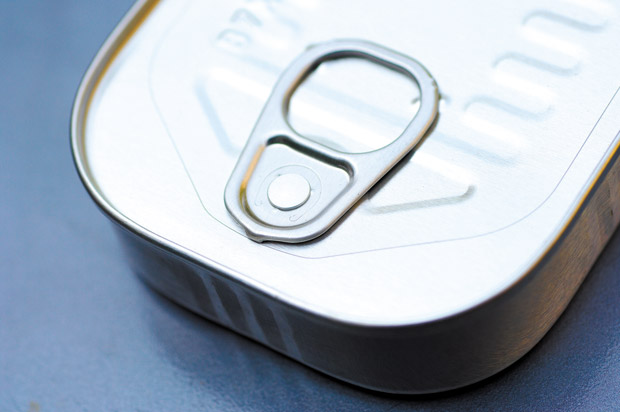I hate to admit it, but I might be a nosy person. I don’t think that I am intrusive by any means, but if someone is having a “juicy” conversation next to me, my ears might perk up a little bit to hear more. If I am walking down a hotel or condominium hallway, I can’t help but peek inside the open doors to get a glimpse. When I drive, I might slow down a bit if I see an otherwise closed garage suddenly open.
Psychologists use the term social comparison to describe the belief that individuals learn more about themselves by seeing how they stack up against others. Social comparison is not a bad thing. It is how people shape their identities and motivate themselves to improve or be happy. It is through this process that I learned to be content with what I thought was an overflowing mess of a garage. I learned by peeking at other garages that we are not alone.
However, in talking with others and doing my own research, I have also learned that we may be overstuffing our garages with items that simply do not belong. These items can cause hazards or simply go bad if stored improperly. Take a look at your space and reevaluate if you have any of the following:
Paint cans
The garage can expose your paint cans to moisture, which puts them at risk of becoming rusty. Plus, the temperatures may also make the paint inside unusable. If you don’t have room for paint cans inside, consider saving smaller quantities instead. Transfer the paint to small, airtight containers. Label them properly with the color, brand and room in which you previously used it.
Canned food
Temperatures and humidity fluctuate often, which makes even nonperishable foods at risk for spoilage. The United States Department of Agriculture recommends storing canned goods in locations that are both cool and dry, so move them to the pantry or another indoor location instead. If they are for your hurricane kit, don’t feel guilty about keeping them in an out-of-the-way locale, like under the bed.
Propane
This is one that my family and I were guilty of. We like to keep an extra propane tank on hand for the occasions when our other runs out. However, storing propane in the garage may expose it to extreme temperatures. If the tank gets too hot, it can allow propane to escape through the pressure relief valve, causing a fire hazard. Move the extra tank to a dry, well-ventilated outdoor space instead.
Have a comment or question for Joanne? Email thefi xisinhawaii@gmail.com.
